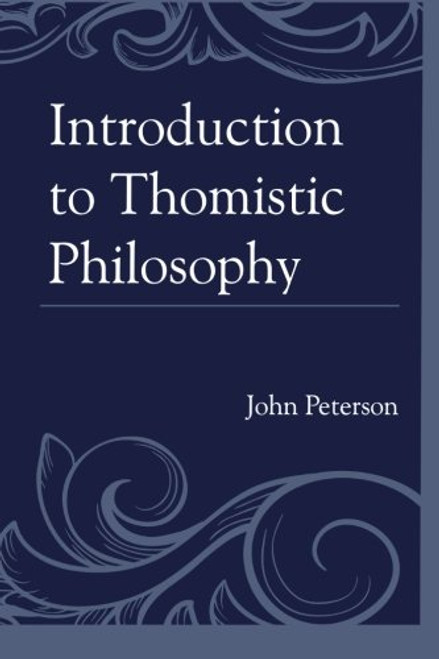Product Overview
The Perspective of the Acting Person introduces readers to one of the most important and provocative thinkers in contemporary moral philosophy. In this collection of essays Martin Rhonheimer examines the central themes of natural law, moral action, and virtue emphasized by John Paul II's 1993 encyclical Veritatis Splendor. Rhonheimer's work follows the general direction taken by the encyclical through an almost unprecedented rigor of philosophical argumentation and level of engagement with both European and American scholarship.
Rhonheimer argues extensively, from the texts of Aquinas, against aspects of more traditional interpretations of the Angelic Doctor. He maintains that their deficiencies helped precipitate both the postconciliar crisis in moral theology and the rise of revisionist approaches. He addresses not only the central topics of natural law and moral action but also the reasonableness of Christian morality, the relation between nature and reason, and that between metaphysics and ethics. All are considered from the distinctively moral perspective of the agent. Rhonheimer also responds to critics of both Veritatis Splendor and his own work and critiques works by revisionist moral theologians.
The collection focuses on Rhonheimer's fundamental ethical theory, establishing the theoretical bases for his more applied works in areas such as sexual ethics, political philosophy, social ethics, and medical ethics. A detailed introduction by William F. Murphy, Jr., sketches Rhonheimer's intellectual biography and the development of his thought, and summarizes key content from the essays. Finally, a detailed bibliography of Rhonheimer's work is included, which further enhances the volume's value to moral philosophers and theologians.
Martin Rhonheimer is professor of ethics and political philosophy at the Pontifical University of the Holy Cross in Rome. His publications include a dozen books, several of which have been translated into multiple languages. His Natural Law and Practical Reason was the first of his books to be made available in English. William F. Murphy, Jr., is associate professor of moral theology at the Pontifical College Josephinum and editor of the Josephinum Journal of Theology.
PRAISE FOR THE BOOK
The recent rediscovery of the perspective of the acting person is one of the most decisive advances for moral theology, which allows the resolution of many aporias of modern ethics. We should be thankful to William Murphy for this collection: Rhonheimer is a master and a necessary point of reference for rereading in this fresh and comprehensive perspective the 'Common Doctor' of Catholic theology, St. Thomas Aquinas. Msgr. Livio Melina, President and Professor of Moral Theology, Pontifical John Paul II Institute for Studies on Marriage and Family, Rome
Murphy introduces Rhonheimer to Anglo-American ethicists by way of judicious samples of his work, astutely contextualized for ethicists of all persuasions. The key to the work lies in articulating a virtue-centered conception of morality from the first-person perspective of the acting person who perceives goods to be pursued and acts freely through reason and will. By reading Aristotle and Aquinas in critical engagement with prevailing ethical stances, underlying conundrums of ethics, classical and modern, emerge into clearer light. David B. Burrell, C.S.C., Hesburgh Professor Emeritus of Philosophy and Theology, University of Notre Dame
Rhonheimer has taken his place as one of the more significant moralists writing in the post conciliar period. His reasoning, reflecting closely the rationale of the decisive paragraph 78 of Veritatis Splendor, avoids weaknesses that characterize both the neo-Thomistic manualists of the first half of the 20th century and more recent revisionists. Murphy has done a great service











